Jason Goodwin: The moment I knew I'd lost the urge to live in London
Our columnist explains what first prompted him to swap Bethnal Green for Bridport - and why he's never looked back since.

I lost the urge to live in London as soon as I realised I’d never be rich. More fool me, of course; we’d be a lot richer if we’d hung on to that tiny terraced cottage in Bethnal Green.
At the bottom of the street was a corrugated-iron shack with a horse in it, which never came out, and, once, a man lost his temper and ranged the pavement shouting and banging on doors, swearing that he’d worked for the effin’ Krays.
We didn’t move out of London – it sort of moved away from us. We found ourselves a house in the country, at £30 a week, and, one day, we woke up to discover that we hadn’t been back to the East End for weeks. I was working on a book, which could be written anywhere, so it seemed unreasonable to hog a dwelling that could go to a more deserving person, someone who might actually need to live in London.
First, we lent the house to Benedict Allen, the explorer, and then, when he moved on to Namibia, we sold up. It can be done, as many readers of this magazine can attest, but I still feel we were lucky to find a way of living in the country.
My mother did it by running off to the coast with a penniless fellow writer. Swanage was recommended to them by a friend who managed an amusement arcade and grew pot on a patch of obscure wasteland out beyond the railway station. I seem to recall that he left suddenly and was never heard of again, but she stayed. My mother made it work by writing books.
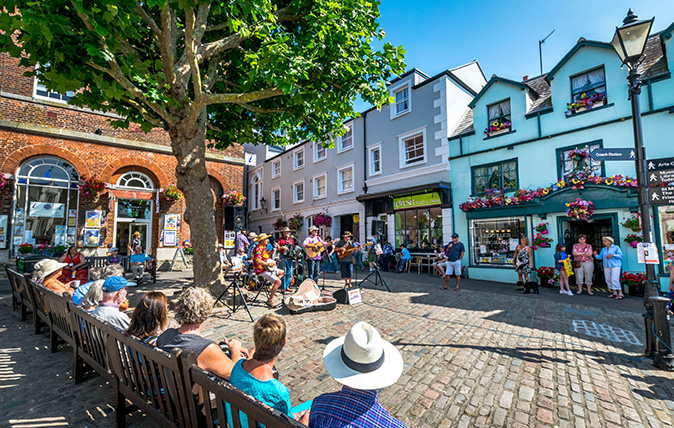
It’s been done by selling them, too. Harry and I recently found ourselves in Hay-on-Wye. Richard Booth, the so-called King of Hay, owns a chunk of it. After he left Oxford in the 1970s, he wanted to go and live at home, but couldn’t find anything to do there, so he rounded up a party of strong Hay men and took them to America, where he had heard the public libraries were shutting down and offloading all their stock. Booth bought it up, packed it into containers and shipped books to Hay by the tens of thousands.
The town became a vast interlaced second-hand book emporium. When the cinema closed down, it became a bookshop. Others opened, to cater to the desires of the bookworms and collectors who showed up. Peter Florence, who belonged to the next generation of Hay booklovers, started a festival that grew and grew and now has copycat operations all over the country and beyond.
Exquisite houses, the beauty of Nature, and how to get the most from your life, straight to your inbox.
On the back of their success, Hay appears to have more ice-cream shops than any town of comparable size in the kingdom, as well as a vegan restaurant in an old electrical shop where Harry and I ate traditional Welsh tzatziki and some quinoa salad.
The ice cream reminds me of our friends Isabelle and Guiseppe. For years, Guiseppe ran a restaurant in Soho. Clients from the USA used to ask him for tickets to West End shows, but it was only after many, many trips to the last-minute ticket booth that Guiseppe finally plucked up courage to ask the ticket girl out on a date.
They saw eye to eye, not least in agreeing that neither of them could bear the hours spent armpit to elbow in clanking commuter trains. Last year, they came to Bridport and decided to settle.
She makes the lightest pâtisseries this side of Paris and he uses local Jersey milk for his spectacular ice cream. They’ve opened a parlour on the high street called Gelateria Beppino. I don’t know if they’ll become rich, but they’re happy and it’s heaven. 

Credit: Alamy
Jason Goodwin: 'We have books all over the floors and carpets on the furniture'
Our columnist Jason Goodwin talks about jam jars, duvets and the books which are taking over his house.

Jason Goodwin: The upside of life in a harem, and modern-day slavery on the King's Road
Our columnist Jason Goodwin considers the realities of everyday existence for the women kept in 18th century Ottoman harems.
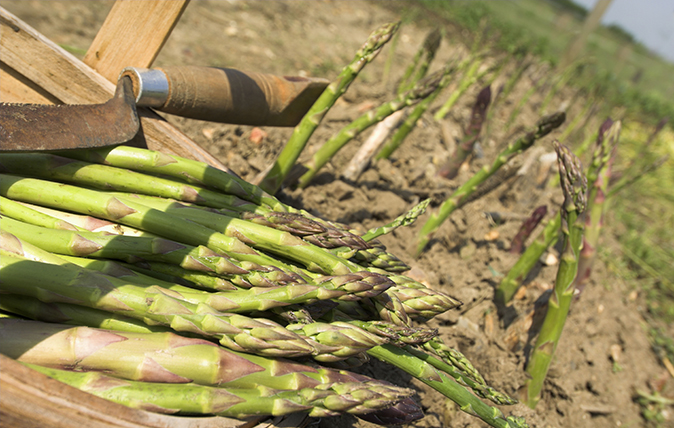
Jason Goodwin: ‘After a year, absolutely nothing had happened – not a shoot, not one feathery frond’
Our Spectator columunist keeps the faith in his asparagus bed.

Credit: Fox licking his lips. Picture: pixabay.com via pexels.com
Jason Goodwin: The foxes are unashamedly cocky – but the badgers are even worse
Our columnist takes a look at the new breed of foxes invading the countryside, and the havoc both they and
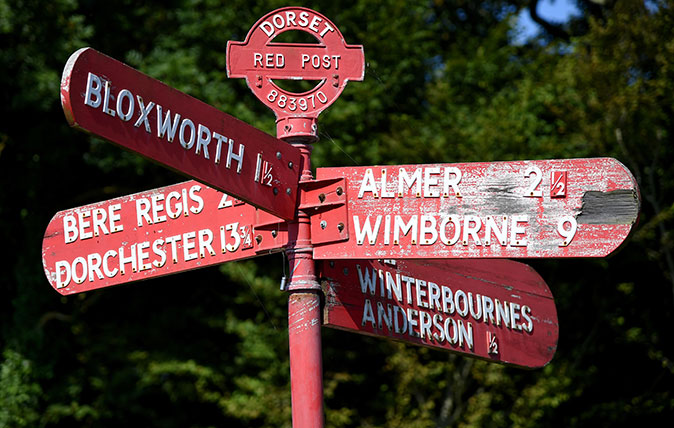
Credit: Alamy
Jason Goodwin: The signwriters of Britain who’ve nailed their grammar and added a touch of poetry
Forget brickbats for greengrocers' apostrophes – let's instead concentrate on those who take signwriting up to a new level, says our
-
 The 24 best furniture makers in Britain, as chosen by the nation's top designers and architects
The 24 best furniture makers in Britain, as chosen by the nation's top designers and architectsGiles Kime asks members of Country Life's Top 100 for their recommendations when it comes to choosing a furniture maker.
-
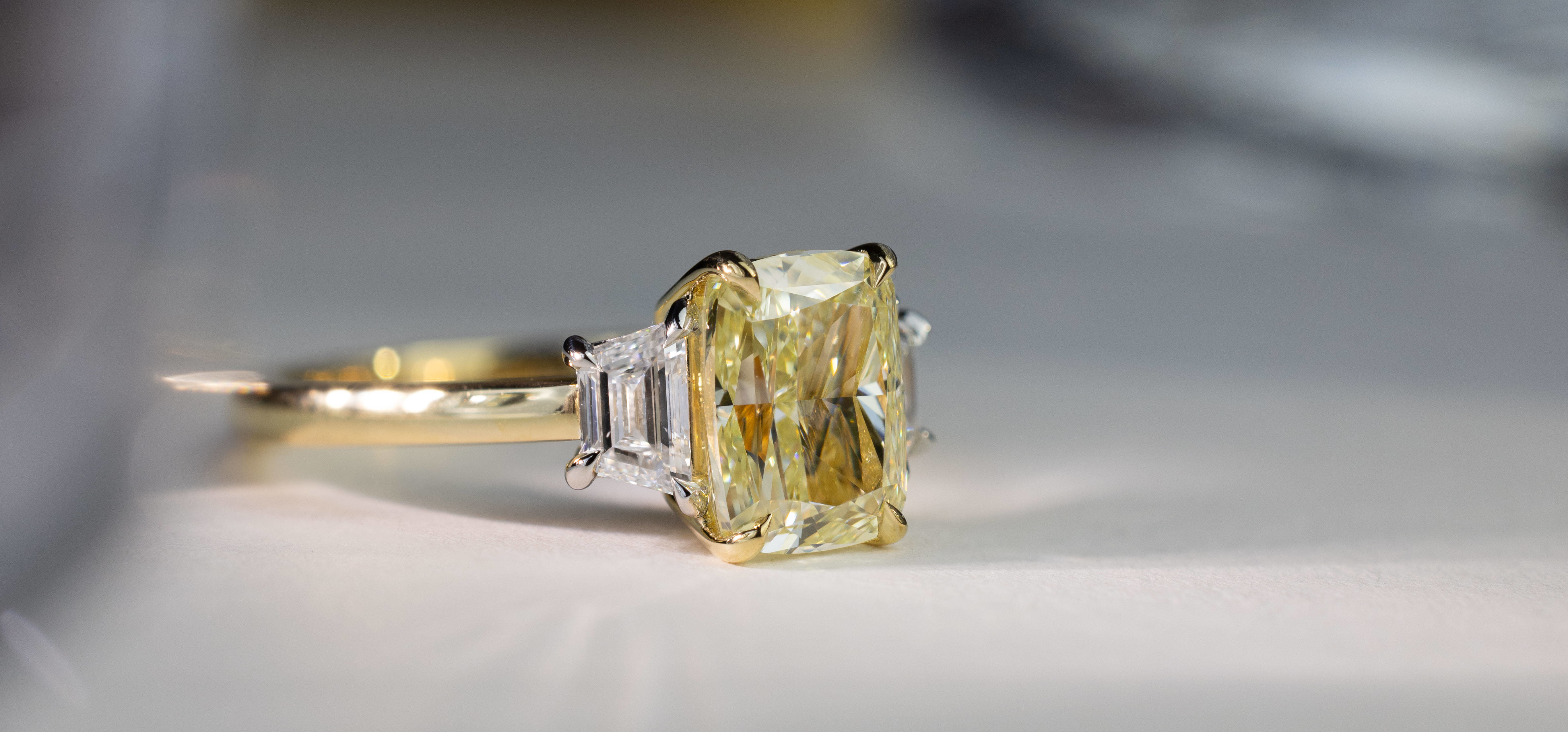 Blackacre
BlackacreBlackacre are a highly regarded London jeweller focused on bespoke and limited edition creations.
-
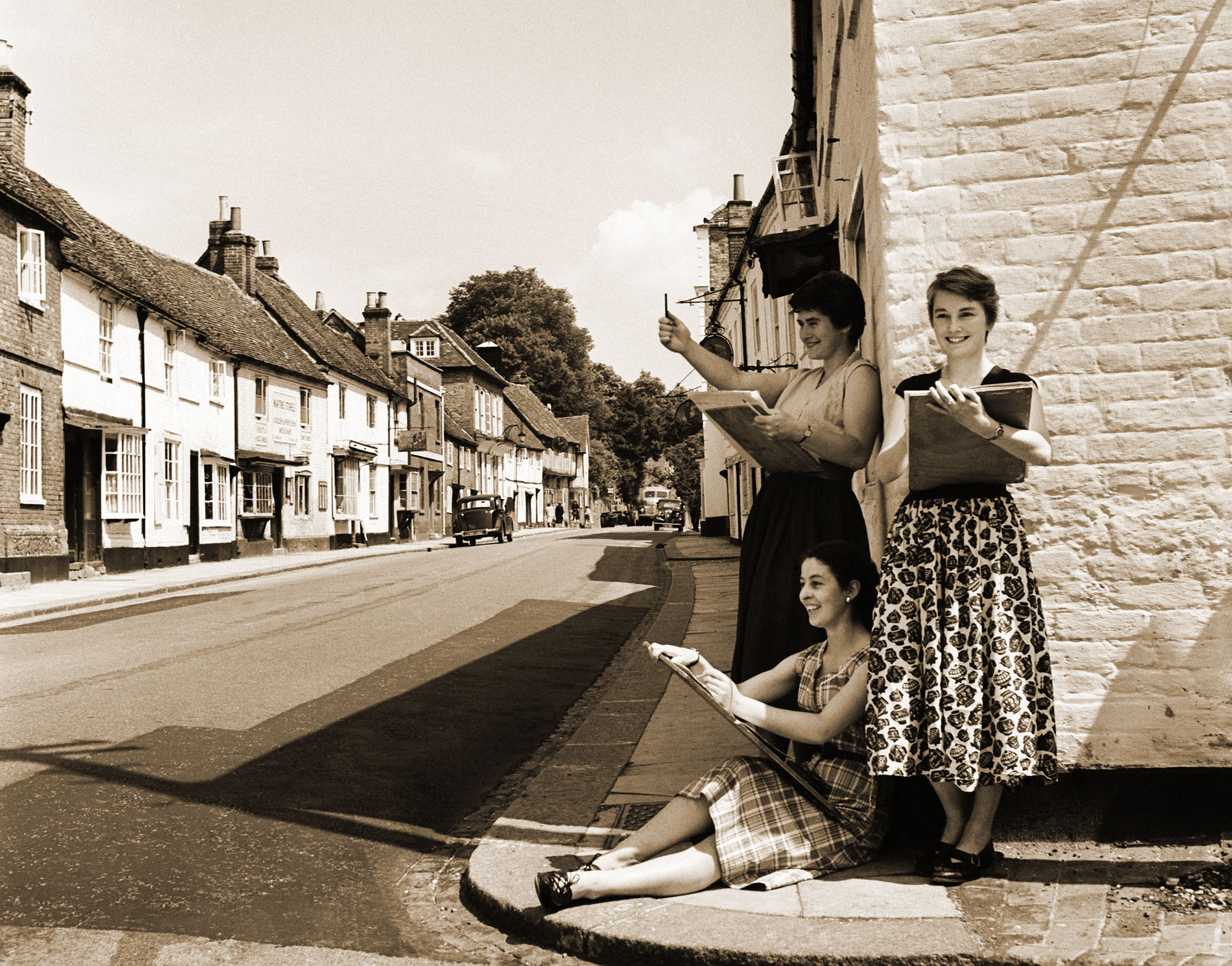 'It may be vain to think that the past was a cleaner, quieter and kinder place, but it felt pretty decent when you knew your GP and your GP knew you, and milk in glass bottles was delivered every morning'
'It may be vain to think that the past was a cleaner, quieter and kinder place, but it felt pretty decent when you knew your GP and your GP knew you, and milk in glass bottles was delivered every morning'Carla Carlisle is homesick for the olden days, when we didn’t know we had it so good.
-
 Patrick Galbraith: We are a brilliant and terrible species who messed it up a long time ago — and that means we have to do things we don't want to
Patrick Galbraith: We are a brilliant and terrible species who messed it up a long time ago — and that means we have to do things we don't want toOur columnist laments the painful decisions on culling wild animals which he argues have to be taken if we're to manage the countryside and maintain biodiversity.
-
 'From the first page until the last, I was in another country, another world... It was like falling in love'
'From the first page until the last, I was in another country, another world... It was like falling in love''There is beauty and there is poverty, order and corruption' — Carla Carlisle on Karen Blixen and Kenya.
-
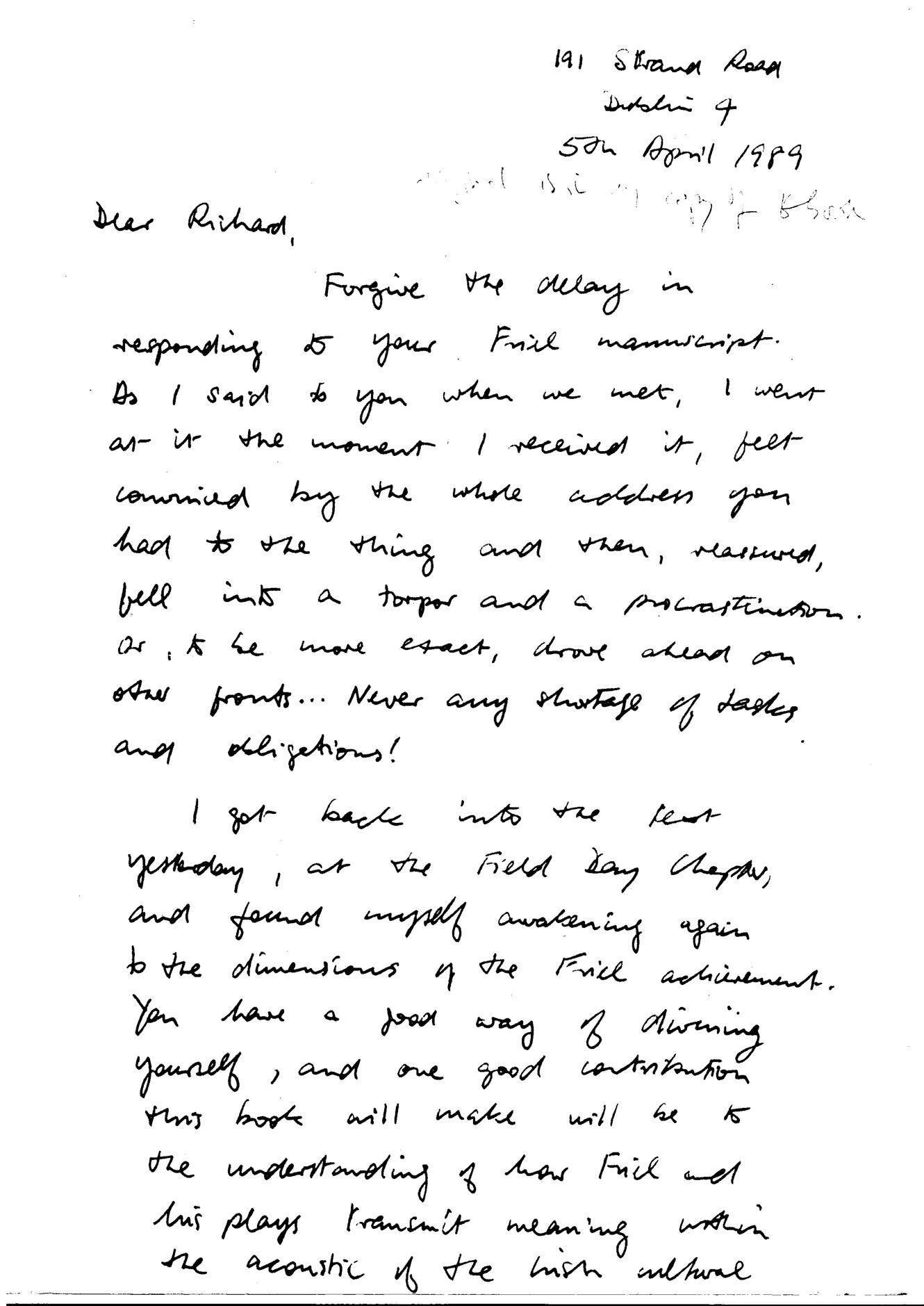 Carla Carlisle: 'Seamus Heaney deserves a sainthood, as well as his Nobel Prize'
Carla Carlisle: 'Seamus Heaney deserves a sainthood, as well as his Nobel Prize'Carla Carlisle applauds The Letters of Seamus Heaney and shares how she couldn't wait until Christmas to devour the collection from the late Irish poet
-
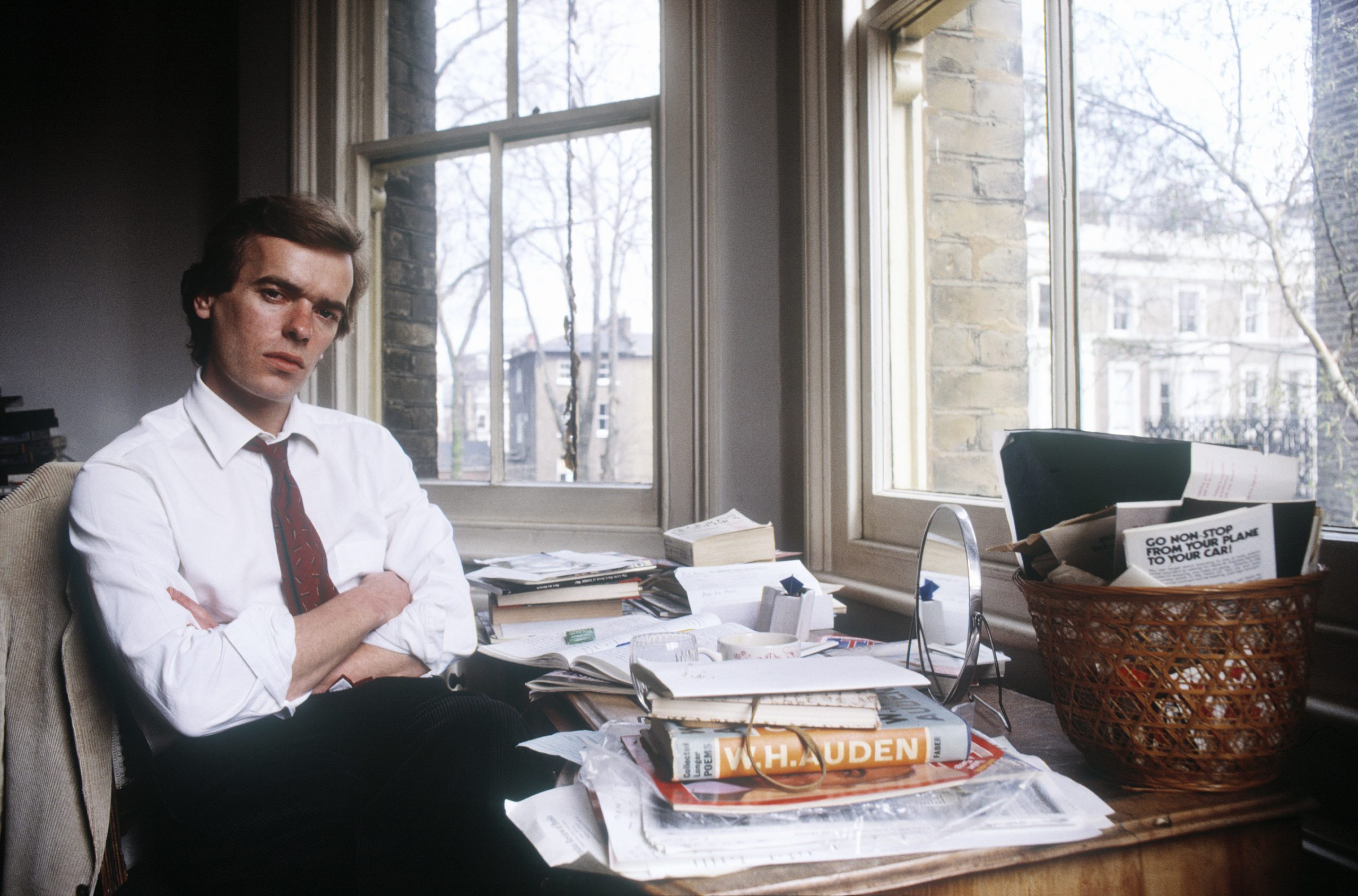 Carla Carlisle on Martin Amis: The 'passionate, graceful, fierce' writer who scared us, challenged us, and brought us understanding
Carla Carlisle on Martin Amis: The 'passionate, graceful, fierce' writer who scared us, challenged us, and brought us understandingCarla Carlisle pays tribute to the late Martin Amis, who died last month.
-
 Carla Carlisle: 'Edit your one and precious life. Prepare for Judgement Day. Do it Now.'
Carla Carlisle: 'Edit your one and precious life. Prepare for Judgement Day. Do it Now.'Carla has been having a bit of a New Year clear-out — albeit one which started last August, and which is NOT going particularly well...
-
 Jason Goodwin's books of the year 2022
Jason Goodwin's books of the year 2022Our columnist Jason Goodwin shares the books that have entertained and enlightened him this year.
-
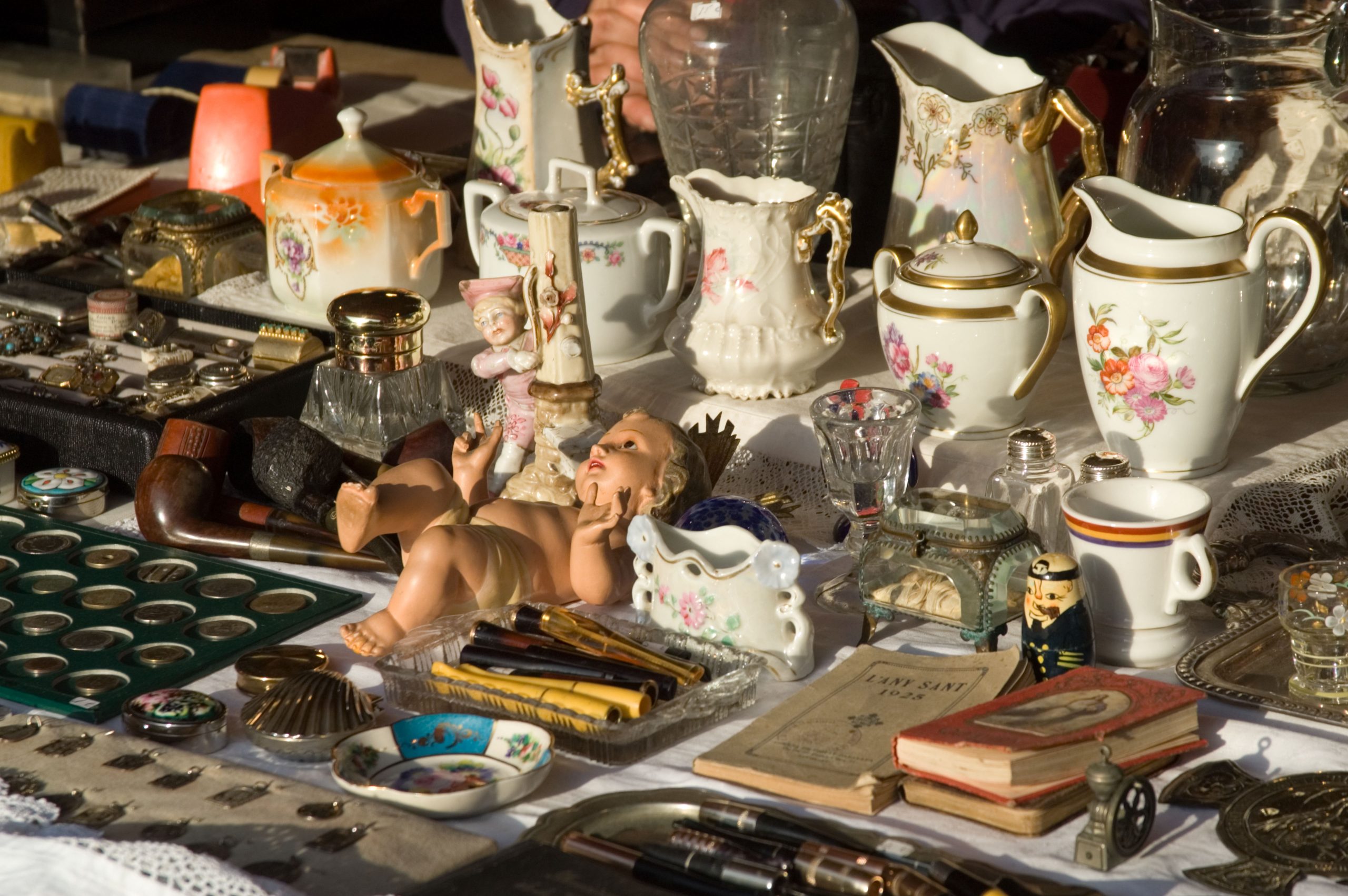 'By the time I reached chapter seven I was nauseated by the sheer volume of stuff I owned'
'By the time I reached chapter seven I was nauseated by the sheer volume of stuff I owned'Jonathan Self's chance encounter with a book shifts the way he sees his belongings... but how long will his urge to declutter last?